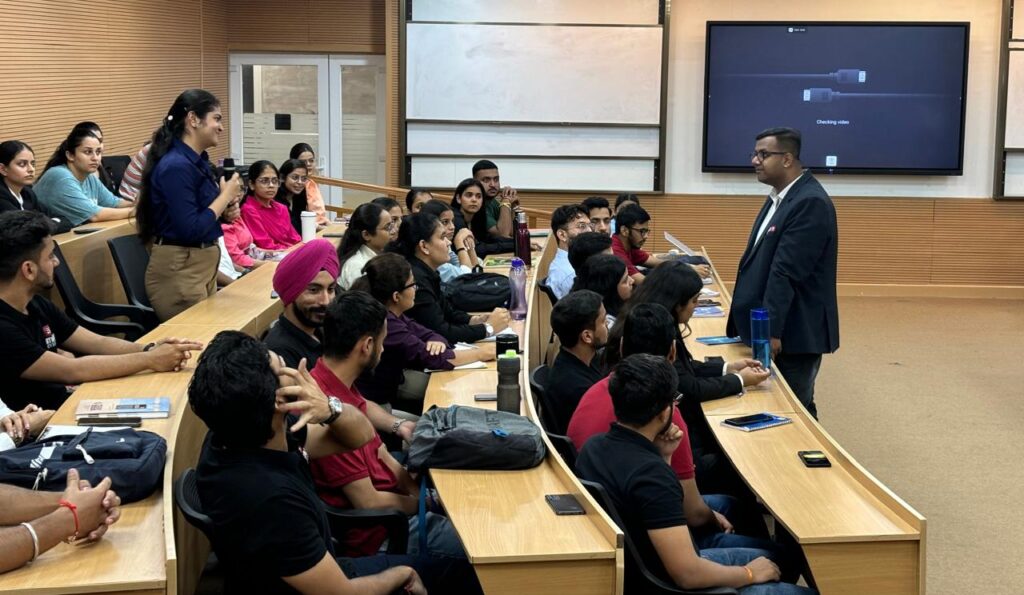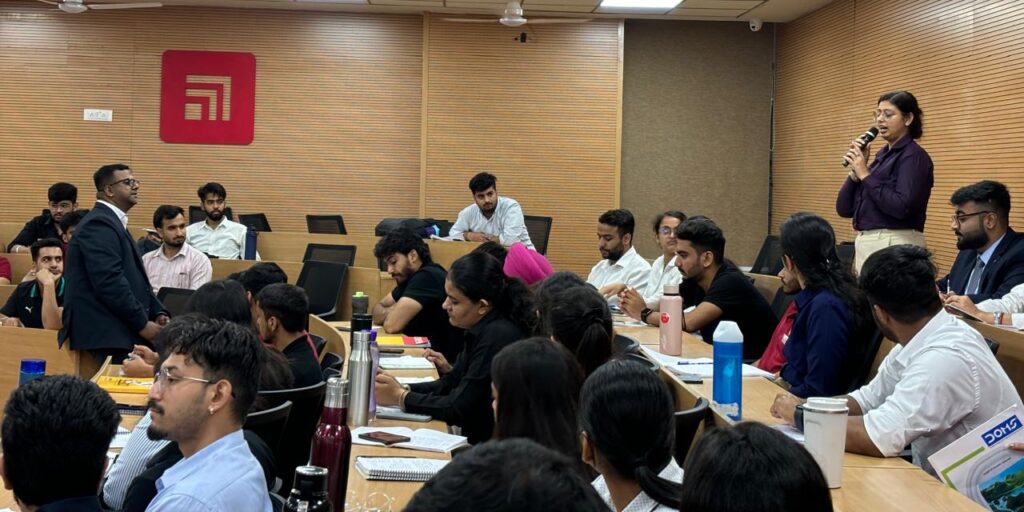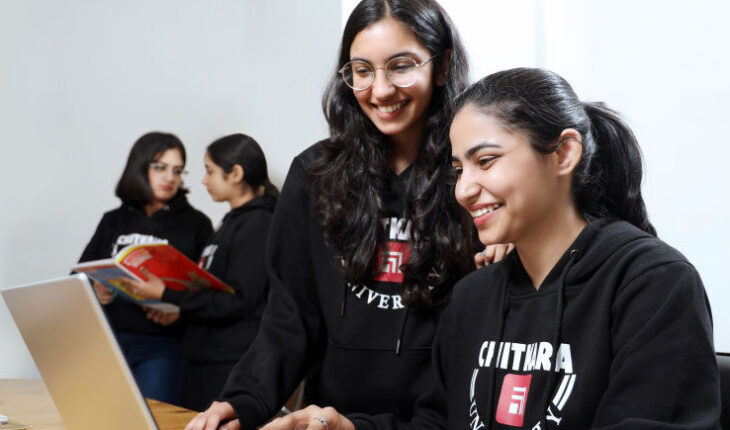India produces approximately 5 million graduates annually, contributing to a vast youth population of 238 million, projected to grow to 365 million by 2030. While the country has a plentiful workforce, it faces challenges in effectively educating and employing this youth. As of 2020, only 36% of India’s population was formally employed, according to the International Labour Organization (ILO). This low employment rate, coupled with a population growth rate of 1.1%, intensifies competition for jobs, especially among young graduates.

The disparity between job availability and population size poses a significant issue. According to World Bank data from 2020, there were only 34 jobs for every 100 people in India, with many roles existing in the informal sector. This imbalance leaves many young graduates struggling to secure employment.
India’s corporate sector prioritizes English-speaking employees. Despite having 22 officially recognized languages, business communication at the corporate level predominantly occurs in English. Unfortunately, only 20% of the youth can effectively communicate in English, putting the majority at a disadvantage. A British Council report from 2020 noted that India had 125 million English speakers, constituting just 10% of the total population.
This language barrier often undermines the confidence of rural candidates, hindering their attempts to pursue higher-level positions and better opportunities.
The education system’s hard focus on technical disciplines fails to cultivate essential soft skills, including communication, teamwork, and leadership, which are highly valued by employers and critical for career advancement.

Many brilliant graduates from top engineering colleges and business schools, despite holding near-perfect CGPAs, find themselves rejected or unplaced in campus interviews due to a lack of these crucial skills.
Employers today look beyond grades, recognizing that numerous Indian students possess similar degrees and technical competencies. The differentiators in hiring are often communication skills, cultural fit, and practical knowledge gained through additional training, such as micromastery courses.
Companies increasingly seek candidates who can navigate interpersonal relationships, collaborate effectively in teams, and communicate clearly in business settings.
This is where micromastery comes into play, alongside essential soft skills training. Micromastery refers to breaking down skills into manageable segments, allowing individuals to master specific competencies quickly.
In a country like India, where 5 million graduates enter the job market annually, micromastery provides a pragmatic solution to bridging the skills gap. It is not meant to replace the traditional 3-4 year graduation model but rather to enhance it by allowing students to acquire targeted skills quickly and effectively.
This combination of micromastery and soft skills training equips young professionals with a well-rounded skill set, making them more adaptable and competitive in the workforce.
For instance, MBA graduates who undertake micromastery courses in Google AdWords, Google Analytics, Salesforce, and HubSpot are better positioned for roles in digital marketing and sales.
Armed with practical skills, these graduates demonstrate immediate value to employers, distinguishing themselves from peers who rely solely on traditional degrees. Additionally, courses focusing on crisis communication, client negotiation, and team collaboration enhance their soft skills, making them even more attractive to employers.

Moreover, proficiency in data visualization tools like Power BI and Tableau, along with advanced Excel skills, not only equips candidates with technical expertise but also enhances their ability to communicate insights effectively.
A candidate skilled in budget management and PNL reporting who articulates these concepts clearly during interviews is far more likely to secure a role in a leading organization compared to one lacking these competencies.
Furthermore, micromastery in functional business English allows rural graduates to stand shoulder to shoulder with their urban counterparts, alleviating their fears of inadequacy in English communication and boosting their confidence.
India is projected to become the world’s second-largest economy by 2031, according to insights from the Reserve Bank of India.
This rapid growth is expected to create a surge in demand for Indian graduates by major organizations across Europe, America, and beyond.
As the geopolitical landscape evolves, these companies will increasingly seek talent equipped with not just technical expertise, but also strong communication skills and proficiency in various micromastery skills and certifications to successfully navigate the Indian market.
The dual emphasis on micromastery and soft skills equips graduates to tackle the complex demands of today’s job market, providing them with a competitive edge that traditional educational paths often overlook.
By focusing on these areas, India can harness its demographic dividend, fostering job generation and reducing unemployment for its vast population of freshers.
Micromastery is rapidly positioning itself as a transformative force for global economies, particularly in India.
As a testament to its growing significance, this innovative approach will be a focal point of discussion at the prestigious Quacquarelli Symonds (QS) Asia Pacific Higher Education Summit in Macau this November. Notably, QS announces the esteemed World University Rankings every year. It has done so since 2004.
Countries across Asia are increasingly recognizing the potential of micromastery, with Singapore setting a remarkable precedent.
Influential universities, educators, and policymakers worldwide are now actively exploring how to integrate micromastery into existing educational frameworks.
For India, this represents a pivotal opportunity to revitalize its education system, significantly boost employability, and effectively bridge the critical divide between academia and industry.
Sourav Roy is Director, University Readiness Academy at Chitkara University.






